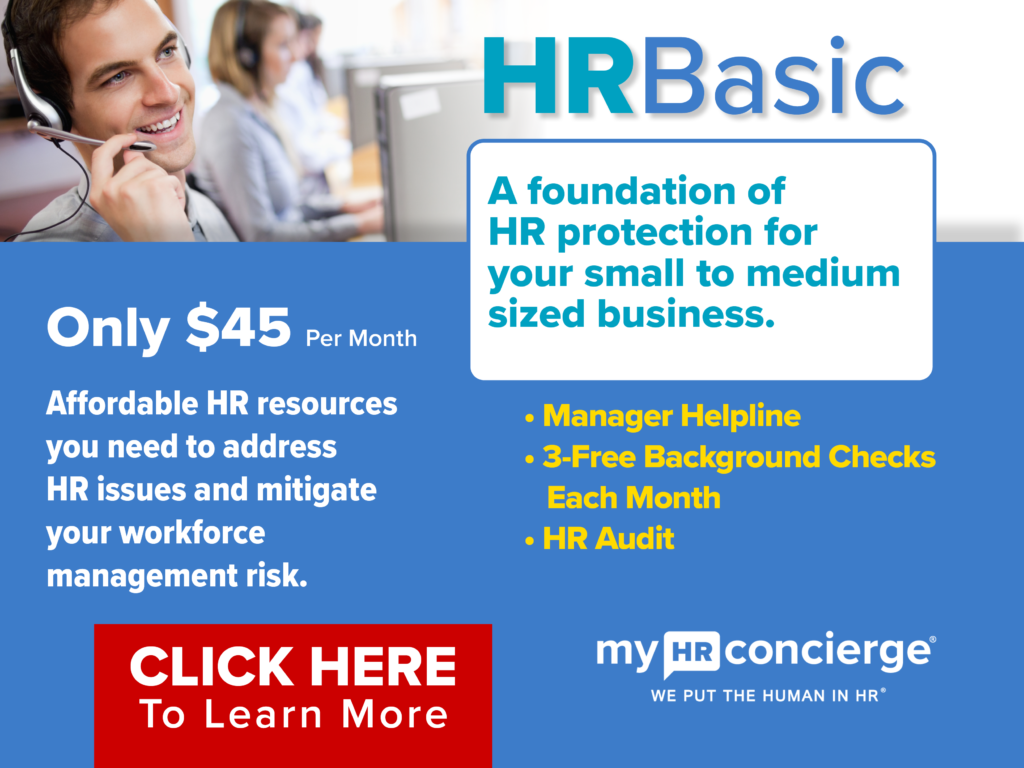Guidance For Employers In Anticipation Of OSHA’s New COVID-19 Vaccination & Testing Requirement
Last Updated on December 22, 2021
Steps For Employers To Reduce Risk Prior To Vaccination & Testing Mandate
Download the Podcast On This Topic
On Sept. 9, 2021, President Biden announced that the Occupational Safety and Health Administration (OSHA) is developing an emergency temporary standard (ETS). The new ETS will require private-sector employers with 100 or more employees to ensure their workforce is fully vaccinated or test negative for COVID-19 every week before coming to work.
This announcement follows the vaccination, masking and social distancing requirements issued by the president in July for the public sector—federal employees and on-site contractors.
With this announcement, employers are searching for guidance. The following information will help employers in preparation of this OSHA mandate. Keep in mind, we are awaiting more information as to when this will be finalized.
What Should an Employer Do in Preparation for OSHA ETS Mandate?
As we wait for the final mandate, employers begin preparing by:
- Develop a logistical plan to comply with the ETS. For example:
- who will pay for the testing
- how will scheduling work
- what to do while waiting for results
- how to track results
- how to communicate and enforce consequence for results
- Communicate with your employees about the mandate.
- Publish a specific vaccination policy in addition to your employee handbook to protect your business from risk.
Find a local provider(s) that can perform the testing, and communicate this as an option to employees. - Create an internal process to archive proof of vaccination or test results, as well as any refusal or exception.
- Keep HIPPA compliance and privacy practices in mind. Be sure all guidelines have been met.
- Provide vaccination education to those that are unvaccinated. Employees should have all the pros and cons of the vaccination as they determine whether they will become vaccinated.
Preparation for Refusal
- Be prepared for refusal.
- Prepare communication in case of an employee refusal.
- Establish a compliant and non-discriminatory process to respond to this.
What if they say no? What happens when an employee refuses to get the vaccination or get tested or has a case for Reasonable Accommodation?
- If an employee has a special situation, explore if a reasonable accommodation is relevant in the situation? The EEOC says an employer can use several factors to determine whether an accommodation is an undue hardship, including the cost of the accommodation and its impact on the business’s operation, among other considerations. If an employee has a religious exception, decide what is acceptable and how this will be tracked.
- Be proactive about recruitment as it is likely that some will resign or be fired.
Consider providing a resource for professional emotional support, such as an Employee Assistance Program (EAP).
Solutions for Employers as They Navigate the Changing World of Compliance
These days SMBs are vulnerable to legal risk from all directions. So, how does an employer keep up with the changes in policies and new mandates yet still manage to protect their business from legal risk? There is no doubt that HR departments are being pushed to the brink. A solution that can help is to utilize support of an outsource HR company. MyHRConcierge, for example, can provide packages that can assist your business and create a foundation of HR protection for you. A package such as HRBasic was created to provides you with the affordable HR resources you need to address HR issues and mitigate your workforce management risk.
Contact MyHRConcierge for Assistance with HR Compliance
For assistance with HRBasic, COVID-19 compliance, or any other human resources issue, please contact MyHRConcierge at 1-855-538-6947 x.108 or email ccooley@myhrconcierge.com.


